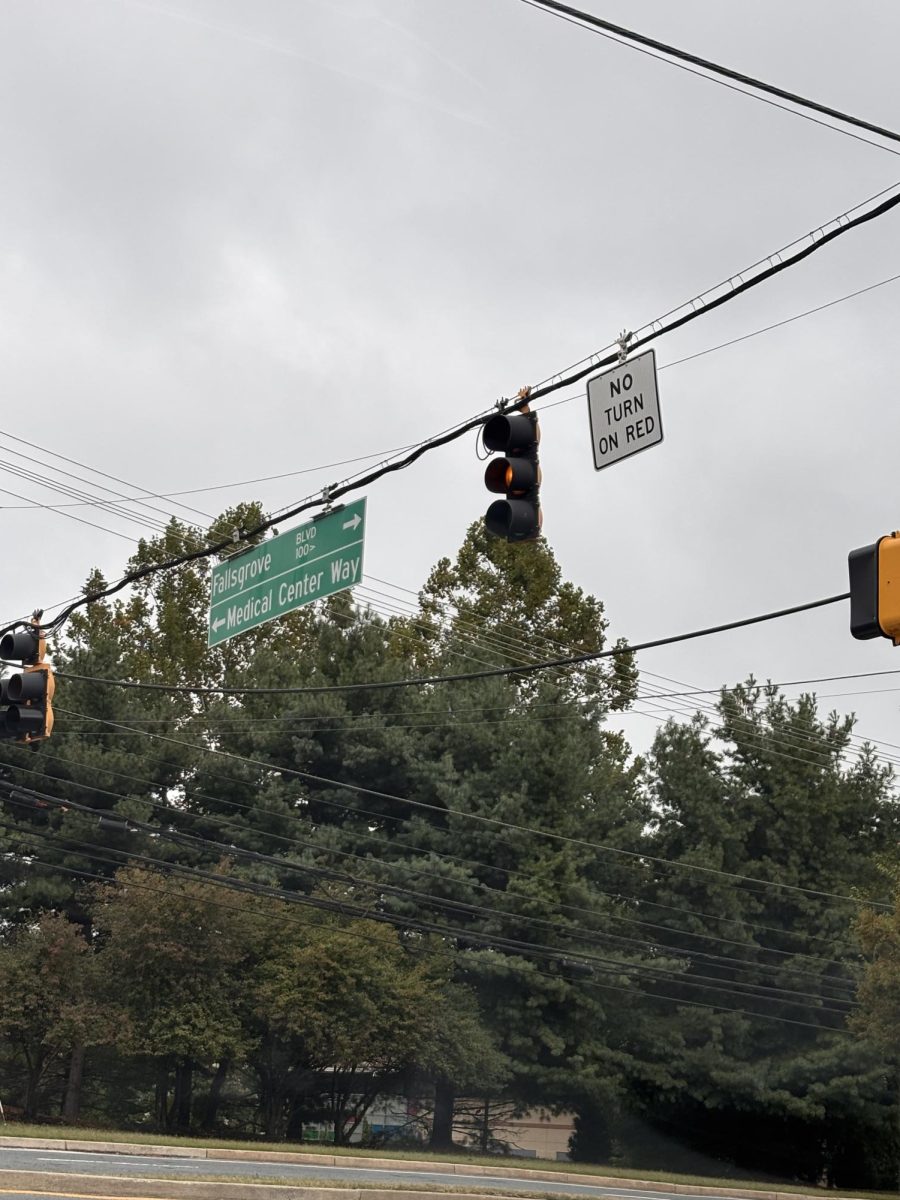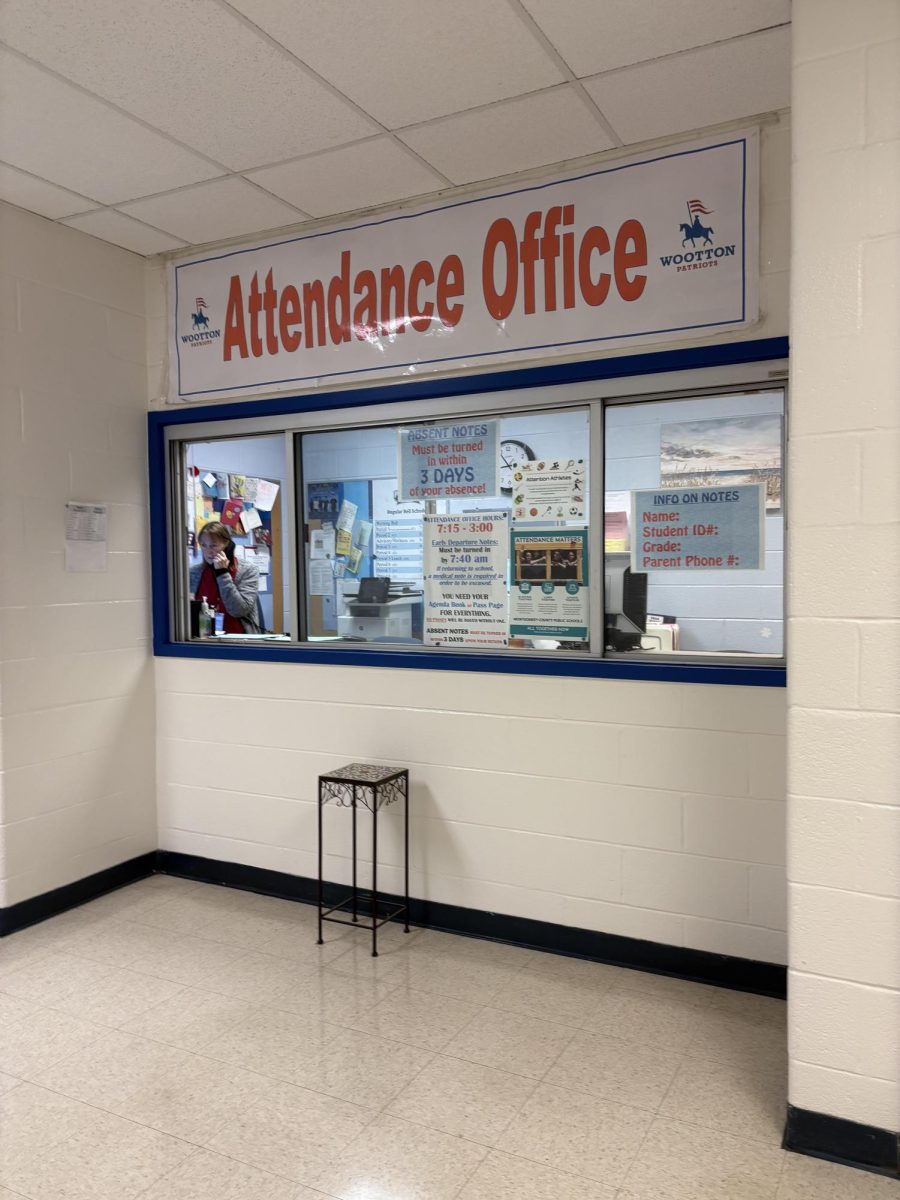Beginning next year, all public schools in the state of Maryland will be required to begin after Labor Day, as opposed to late August as students have grown accustomed to. This controversial change was mandated by Governor Larry Hogan, who officially put this new policy into effect with his Aug. 31 executive order.
In addition to requiring school to start after Labor Day, Hogan’s executive order also requires that students be released from classes by June 15. Hogan’s primary motivation in altering the public school calendar is to provide families with a longer summer break that extends later into the season. In doing so, Hogan hopes to stimulate the state’s economy by giving students and their families the opportunity to invest more time in Maryland’s vacation spots, like Ocean City, and spend more money on local businesses. According to The Office of Governor Hogan, a 2013 economic impact study by Maryland’s Bureau of Revenue Estimates “found that a post-Labor Day school start could generate an additional $74.3 million in direct economic activity.”
Hogan and his supporters have defended the executive order claiming that in addition to aiding the state’s economy, an extended summer will provide families with much needed bonding time and students with free time to enjoy their youth. “As a father myself, I know that kids grow up far too fast and the time that families have together, in this day and age, goes by in an instant. The action taken today by Governor Hogan will give our families the priceless gift of time, and for that I am personally grateful,” Comptroller Peter Franchot said in the Governor’s Office’s press release.
Despite the positive effects of a school year starting after Labor Day on the state’s economy, there remains a large portion of the public who oppose the change. Opposers of Hogan’s executive order have voiced concern that the collateral damage will too great. With summer break being extended, students will spend less time in schools, which could be particularly harmful to families who rely on the public school system for childcare services and students whose diets are fully supported by subsidized breakfast and lunch programs.
Hogan’s executive order will cause scheduling complications for the public school systems. Public schools will still be required to fit 180 instructional days into their calendars, but now in a much more restricted time frame than in previous years. This change could potentially force schools to eliminate certain holidays and even shorten spring break in order to meet the 180-day quota.
Multiple counties have publicly denounced Hogan’s executive order, including Montgomery County. Montgomery County Public Schools (MCPS) openly criticized Hogan’s decision, claiming that the school calendar should be created at the local level. “While the Montgomery County Board of Education certainly appreciates the Governor and Comptroller’s interest in supporting beach communities on the Eastern Shore, we strongly oppose any attempt to usurp local decision making around school calendars,” MCPS Board of Education President Michael A. Durso said in a press release on the MCPS website.
Counties can avoid Hogan’s calendar requirements by filing a permit for a waiver with the Maryland State Department of Education.Once granted, the waiver only applies for a single school year, meaning school systems must complete it annually to be exempt from state calendar requirements.
MCPS is currently debating how to handle the forced calendar change for the 2017-18 school year. It is unknown whether or not a school district can be successful in recieving a waiver. As MCPS board member Patricia O’Neill told The Washington Post, the county is currently working on changing their calendar to meet Hogan’s requirements. Some options include shortening the school year to include 184 days or removinga day from Spring Break.
Students have also expressed their disappointment with the school calendar change. “I feel like it takes away the extra days we need throughout the year to get ahead for example certain professional days,” junior Elizabeth Carlson said.
Sarah Greenberg
Senior News Editor








